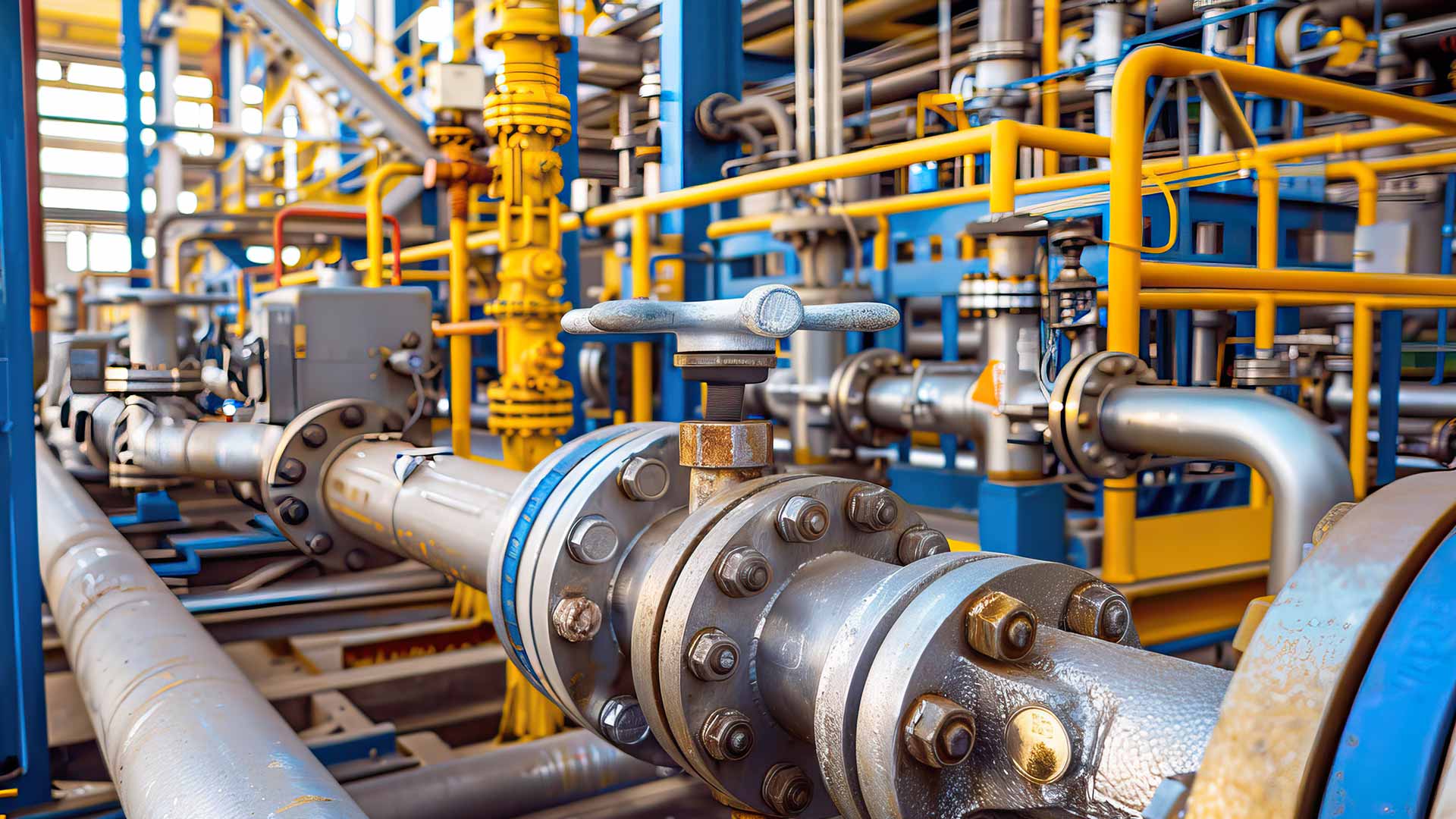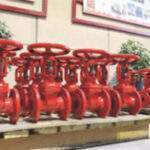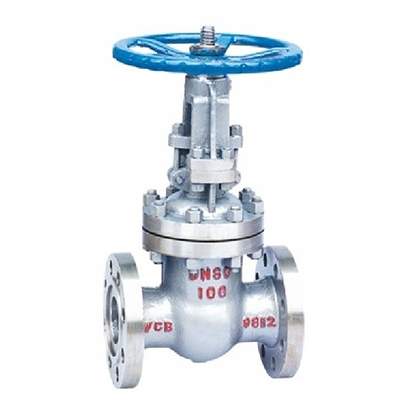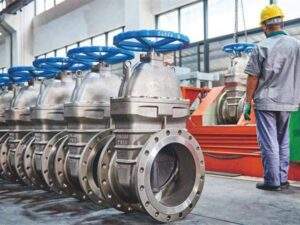Welcome to My Blog!
Before we dive into the content, I’d love for you to join me on my social media platforms where I share more insights, engage with the community, and post updates. Here’s how you can connect with me:
Facebook:https://www.facebook.com/profile.php?id=61563865935136
Now, let’s get started on our journey together. I hope you find the content here insightful, engaging, and valuable.
Introduction
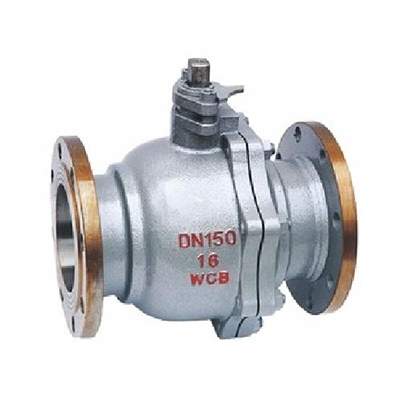
In fluid control systems, the check ball valve stands out as a reliable and efficient component designed to regulate flow and prevent backflow. These valves utilize a spherical ball to control fluid movement, ensuring seamless operation across various industries, from oil and gas to water treatment. Fanlei, a leading valve manufacturing company specializing in research, design, production, and sales, delivers high-quality check ball valves tailored to meet diverse application needs. This blog explores the essential benefits of using a check ball valve, highlighting its role in optimizing system performance and longevity.
What Is a Check Ball Valve and How Does It Work?
A check ball valve is a type of non-return valve that allows fluid to flow in one direction while preventing reverse flow. The valve contains a ball that moves within a chamber, seating against an opening to block backflow when pressure reverses. This simple yet effective mechanism ensures that systems remain protected from contamination and pressure surges. Fanlei’s check valves are engineered with precision, offering robust performance in demanding environments.
Key Components of a Check Valve
The primary components of a check valve include the valve body, the ball, the seat, and the spring (in spring-loaded designs). The ball, typically made from durable materials like stainless steel or ceramic, responds to fluid pressure to open or close the valve. Fanlei designs its check valves with high-grade materials to ensure durability and resistance to corrosion, making them suitable for harsh conditions.
Applications of Check Valves Across Industries
Check valves are versatile, finding applications in industries such as chemical processing, HVAC systems, marine engineering, and wastewater management. Their ability to handle various fluids, including gases, liquids, and slurries, makes them indispensable. Fanlei’s check valves are customized to meet specific industry standards, ensuring compatibility with a wide range of systems.
Why Choose a Check Ball Valve for Fluid Control?
The check ball valve offers distinct advantages over other valve types due to its simplicity and efficiency. Its design minimizes maintenance needs while maximizing reliability, making it a preferred choice for engineers and system designers. Below, we delve into the key benefits of incorporating a check valve into your fluid control systems.
Enhanced Backflow Prevention
One of the primary functions of a check ball valve is to prevent backflow, which can cause system inefficiencies or damage. By ensuring unidirectional flow, these valves protect pumps, compressors, and other equipment from reverse pressure. Fanlei’s check valves are designed to provide a tight seal, reducing the risk of leaks and ensuring system integrity.
Durability and Longevity of Check Ball Valves
Check ball valves are built to withstand high pressures and corrosive environments, thanks to their robust construction. Materials like stainless steel and advanced polymers ensure that the valve remains operational even in extreme conditions. Fanlei’s commitment to quality means that its check valves offer extended service life, reducing replacement costs over time.
Low Maintenance Requirements
Unlike complex valve systems, a check ball valve has fewer moving parts, which translates to lower maintenance needs. The self-actuating mechanism eliminates the need for manual intervention, saving time and resources. Fanlei’s check valves are designed for easy inspection and minimal upkeep, making them ideal for systems requiring consistent performance.
Cost-Effectiveness of Check Valves
The combination of durability, low maintenance, and reliable performance makes the check valve a cost-effective solution. By reducing downtime and repair costs, these valves contribute to overall operational savings. Fanlei offers competitively priced check valves without compromising on quality, providing value to customers across industries.
Technical Specifications of Check Ball Valves
To illustrate the versatility of check valves, the following table outlines typical technical specifications for these valves, based on industry standards and Fanlei’s product offerings. This table provides a snapshot of the features that make check valves suitable for various applications.
| Feature | Description |
|---|---|
| Material | Stainless steel, brass, or high-grade polymers for corrosion resistance |
| Size Range | 1/4 inch to 4 inches, customizable for specific applications |
| Pressure Rating | Up to 1000 PSI, depending on design and material |
| Temperature Range | -20°C to 200°C, suitable for extreme environments |
| Connection Type | Threaded, flanged, or welded for seamless integration |
| Fluid Compatibility | Water, oil, gas, chemicals, and slurries |
| Actuation Mechanism | Self-actuating with optional spring-loaded designs |
This table highlights the adaptability of check ball valves, making them a go-to choice for engineers seeking reliable fluid control solutions. Fanlei’s check ball valves are designed to meet or exceed these specifications, ensuring optimal performance in diverse settings.
Energy Efficiency with Check Ball Valves
Energy efficiency is a critical consideration in modern fluid systems. A check valve contributes to energy savings by minimizing pressure drops and ensuring smooth fluid flow. The streamlined design reduces turbulence, allowing systems to operate with less energy. Fanlei’s check ball valves are optimized for low flow resistance, helping businesses achieve sustainability goals.
Compact Design for Space-Constrained Systems
The compact size of a check valve makes it ideal for installations where space is limited. Its small footprint allows for easy integration into existing systems without requiring extensive modifications. Fanlei’s check ball valves are available in various sizes, ensuring compatibility with both large-scale and compact applications.
Versatility in Handling Different Fluids
Whether dealing with aggressive chemicals or high-viscosity fluids, a check valve can handle a wide range of media. This versatility reduces the need for multiple valve types, simplifying system design. Fanlei’s check ball valves are tested for compatibility with diverse fluids, ensuring reliable performance across applications.
Safety Benefits of Using Check Ball Valves
Safety is paramount in fluid control systems, and a check valve enhances system safety by preventing backflow-related accidents. By maintaining proper flow direction, these valves reduce the risk of equipment failure and hazardous leaks. Fanlei incorporates advanced sealing technologies into its check ball valves to enhance safety and reliability.
Compliance with Industry Standards
Check ball valves must meet stringent industry standards to ensure safe operation. Fanlei’s check valves are manufactured in compliance with certifications such as ISO 9001 and API standards, guaranteeing quality and safety. This adherence to regulations makes Fanlei a trusted partner for industries requiring certified components.
Environmental Benefits of Check Ball Valves
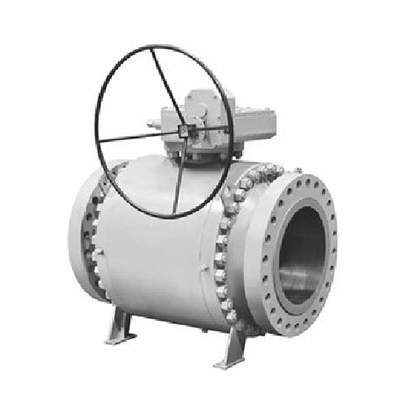
In addition to operational benefits, a check ball valve contributes to environmental sustainability. By preventing leaks and ensuring efficient fluid flow, these valves reduce waste and minimize the risk of environmental contamination. Fanlei’s eco-conscious manufacturing processes further enhance the environmental credentials of its check valves.
Conclusion
The check ball valve is an indispensable component for any fluid control system, offering unmatched reliability, efficiency, and versatility. From preventing backflow to reducing maintenance costs, its benefits make it a smart choice for industries worldwide. Fanlei’s high-quality check ball valves are designed to deliver exceptional performance, backed by years of expertise in valve manufacturing. Ready to enhance your system with a check ball valve? Contact us at Fanlei to explore our range of solutions and elevate your operations.
FAQ
What is the main function of a check valve?
A check valve prevents backflow by allowing fluid to flow in one direction only, protecting systems from pressure surges and contamination.
Are check ball valves suitable for high-pressure systems?
Yes, check ball valves are designed to handle high pressures, with Fanlei’s models supporting up to 1000 PSI, depending on the configuration.
How often do check ball valves require maintenance?
Check ball valves require minimal maintenance due to their simple design. Regular inspections are recommended to ensure optimal performance.

